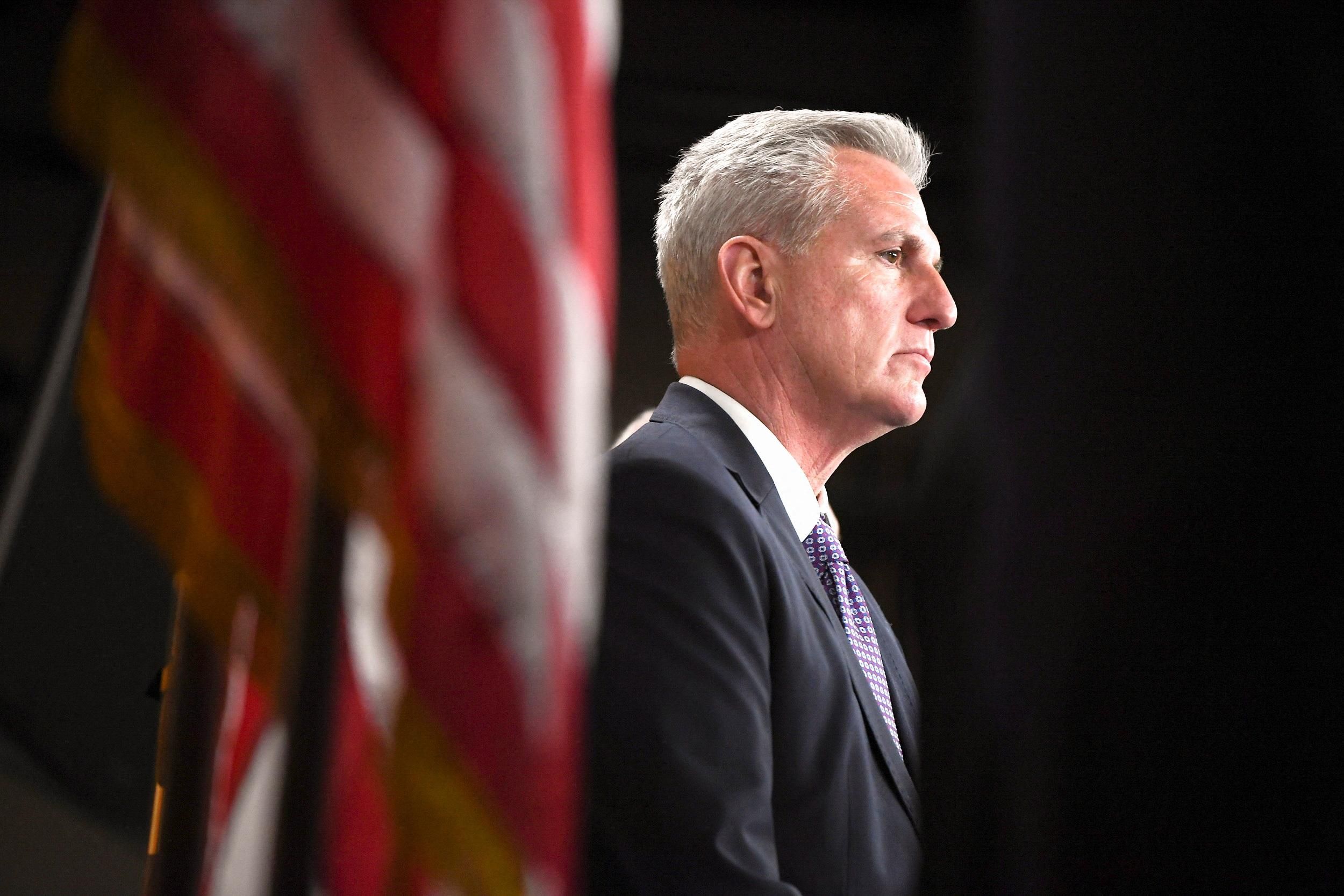What We’re Watching: McCarthy in trouble, Lula 2.0, global recession fears
Dramatic US House speaker election
Who will replace Nancy Pelosi (D-CA) as the next speaker of the US House of Representatives? Good question. As members of the 118th Congress are scheduled to be sworn in on Tuesday, Rep. Kevin McCarthy (R-CA) is still short of the votes necessary to lead the chamber. Even after making a major concession to his GOP critics by allowing them to fire him at any time, a handful of far-right Republicans remain publicly opposed to his speakership. If McCarthy doesn't get at least 218 votes on the first ballot, the lawmakers will continue voting until someone gets a majority. Keep in mind that the speaker sets the legislative agenda and decides which bills make it to the floor, so whoever gets the gig will hold a lot of sway at a time when Republicans aim to use their slim House majority to investigate the Biden administration and stymie the White House on anything from funding the government to continuing US aid for Ukraine.
Lula takes over (again) in Brazil
Luiz Inácio "Lula" da Silva was sworn in on Sunday for a third term as Brazil’s president, a post he last held from 2003 to 2010. In his two inauguration speeches, the left-wing Lula vowed to unite Brazilians but also lashed out at his far-right predecessor, Jair Bolsonaro, promising to hold the previous administration to account for botching Brazil's pandemic response and to revoke Bolsonaro's loosening of gun restrictions. (The outgoing president skipped the ceremony to hang out with his buddy Donald Trump at the former US president's Mar-a-Lago estate in Florida.) So, what's next for Brazil under Lula 2.0? Although the new president begins his term in office with his approval rating in the high 50s, his honeymoon period will likely not last long. What's more, Brazilian politics remain deeply polarized, and high inflation + a weak economy means Lula will likely need to raise taxes in order to spend big on social programs for the poor.
